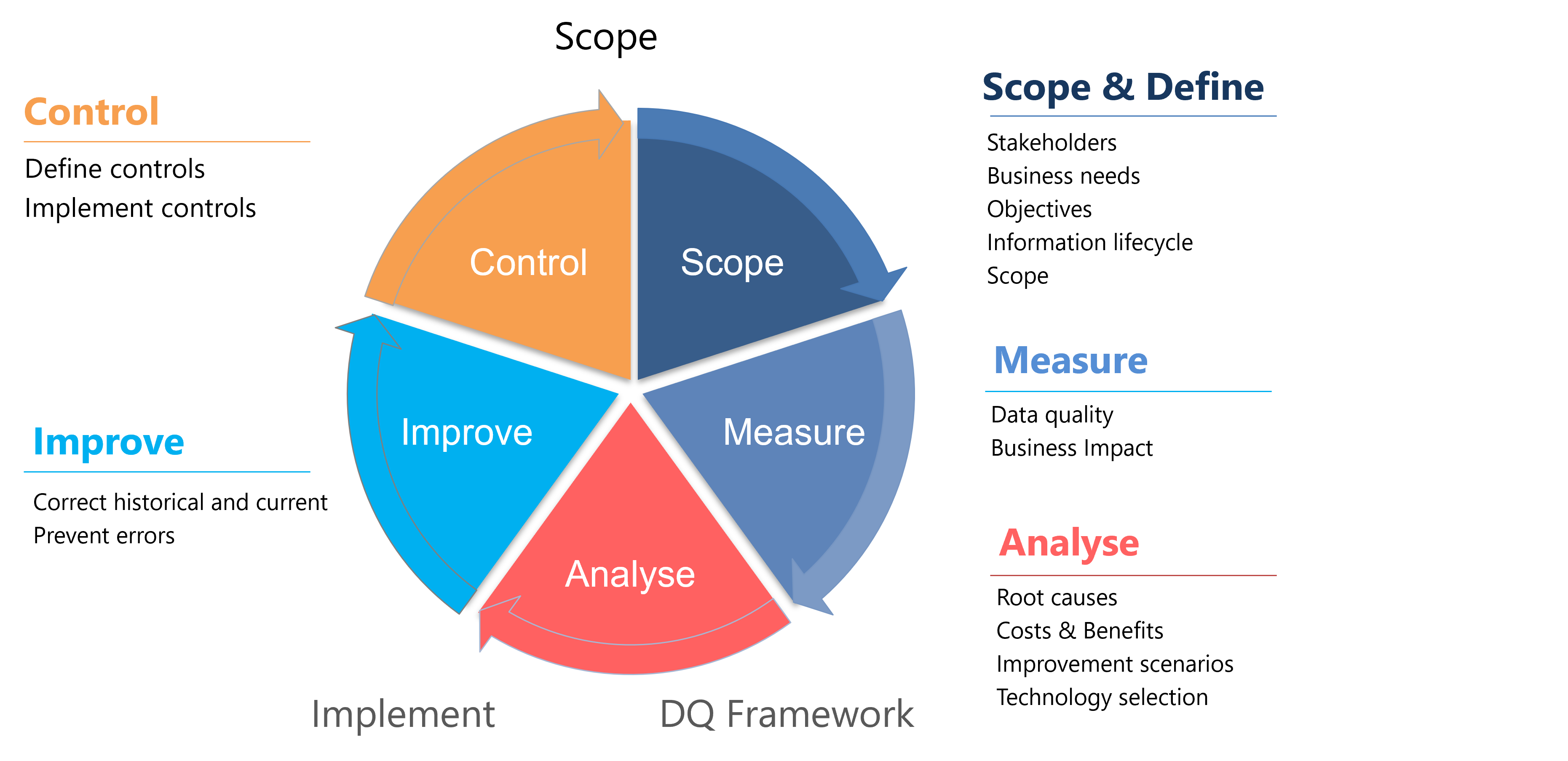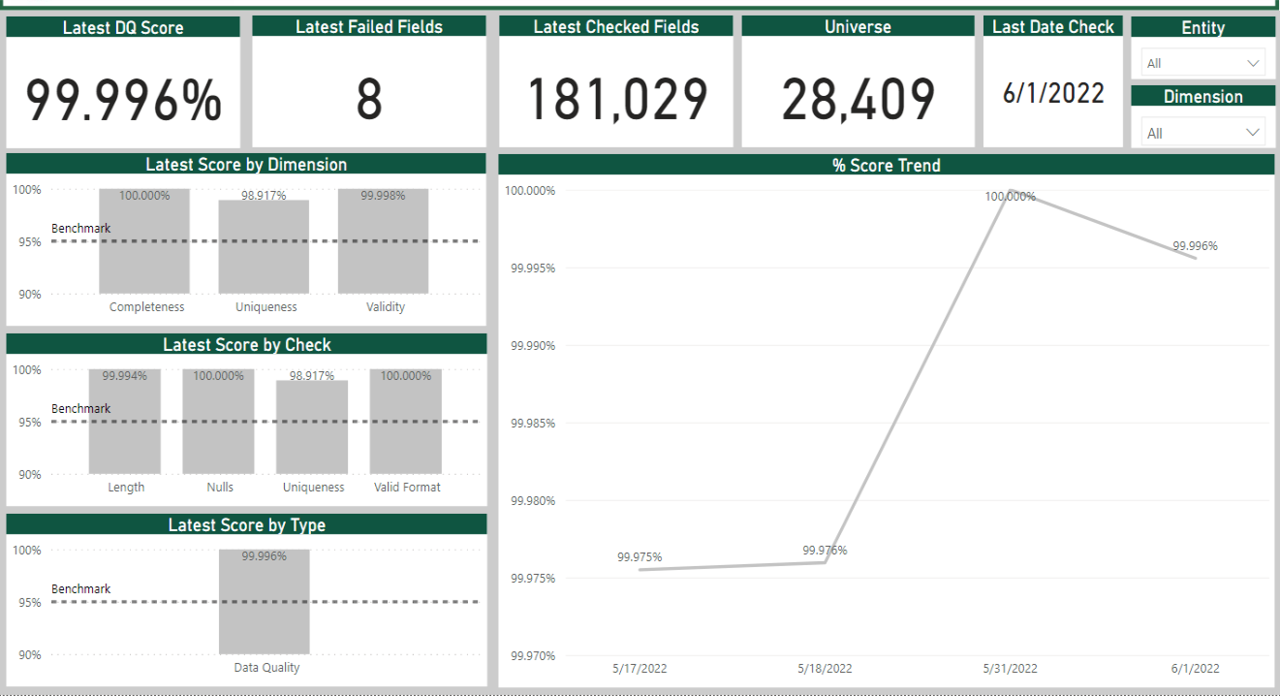With information playing such a pivotal role in commercial operations, organisations need to know that their data is accurate, valid and reliable, wherever and however it is used. Without it, organizations may encounter costly mistakes, missed opportunities, compromised scientific research, unreliable risk assessments, and the list goes on
As such, an effective, end-to-end analytics process is crucial to provide this reassurance and highlight any areas for improvement and development along the way.

However, in reality this can be very challenging to achieve, because it can be difficult for organisations to know what action they need to take to put it in place, as well as which technology is best to get them there. Data analytics: a ‘must-have’ for business success It’s widely acknowledged that data analytics is a valuable tool that helps businesses make better decisions and become more efficient, ultimately gaining competitive advantage. And, in the face of ever-expanding data volumes and the complex processes associated with this (storing, managing and analysing) – deploying the right solution can be an arduous task.
To help businesses tackle this issue head-on, Keyrus has created a dedicated data quality framework which provides comprehensive, defined data quality checks across your information lifecycle to give you the confidence that your information is correct, compliant and up to date.
Our focused, five step approach successfully defines and implements a dashboard to maintain data quality in the following way:
Data Quality Framework
We will follow a 5 step approach to successfully define, implement, dashboard and maintain your data quality

The framework uses a series of checkpoints and criteria to rigorously check for information consistency and validity, ensuring everything is correct.
First, we set out the Scope of what you want to achieve and identifies the key controls, stakeholders, objectives and lifecycle required.
Once agreed, we Measure and Analyse the designated data according to this scope. The primary result of measurement and analysis is the prioritization of use cases. During the measurement phase, we assess the business impact of specific data quality (DQ) issues, while in the analysis phase, we delve into the root cause and determine the necessary fixes, taking into consideration complexity and cost factors. Armed with these insights, you can make fact-based decisions when prioritizing your tasks.
Then, we use the insight gained to rectify any errors in your data and Improve processes, technologies and overall strategy to benefit your business going forward. Finally, we evolve our Controls according to these changes, to drive the framework.
A continuous, structured process This process is ongoing and repeatable, to ensure a culture of continuous improvement together with the confidence that your data is always delivering optimal quality.
This framework ensures rigour and consistency throughout your data’s entire lifecycle – from creation, through storage, usage and sharing. Everything is monitored and reported on, using specific data quality KPIs. Dynamic rules can be built in along the way to make and manage necessary changes and requirements from stakeholders and the business, which keeps things flexible and future-facing.
At a granular level, data passes through each checkpoint within the framework and either passes or fails according to the particular criteria applied. Any failures are logged on the system, ready for your team to assess and decide on next steps. You can either let the data proceed if you feel the error or issue is tolerable, or flag it and take further action.

It is important to recognise that this is a complex and time-consuming process. Results don’t happen overnight and everything moves in a cyclical manner. The ultimate goal is to plan, improve, monitor and maintain. Although this takes time, it’s absolutely essential in order to get the best value from your data and use it to drive tangible success across your business.
